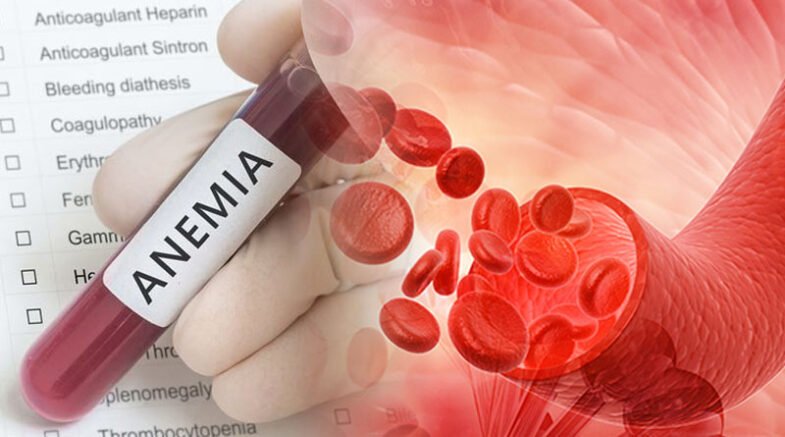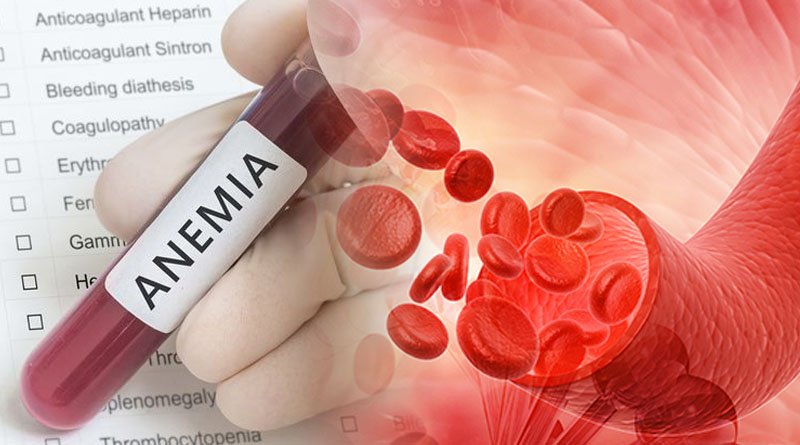Iron deficiency is a common nutrient deficiency that occurs when the body doesn’t have enough iron. It can lead to anemia.

Iron deficiency is a common nutrient deficiency that occurs when the body doesn’t have enough iron. It can lead to anemia, a condition in which the body doesn’t have enough red blood cells to carry oxygen to the body’s tissues.
Symptoms of this deficiency include tiredness, weakness, shortness of breath, and pale skin. It can also cause irritability, poor appetite, and impaired cognitive function.
It is most common in women, especially those who are pregnant or have heavy periods. Furthermore, it can also affect athletes, vegetarians, and people with gastrointestinal disorders. Children and teenagers are also at risk of this deficiency, particularly if they are experiencing rapid growth or have a poor diet.
There are several causes of iron deficiency. One of the most common is blood loss, which can occur due to heavy periods, gastrointestinal bleeding, or surgery. A diet that is low in iron can also contribute to deficiency. Vegetarians and vegans, in particular, may need to be more mindful of their iron intake, as plant-based sources of iron are not as easily absorbed by the body as animal-based sources.
In addition to the symptoms mentioned above, it can lead to more serious health problems if left untreated. Anemia, which is a common complication of iron deficiency, can cause fatigue, shortness of breath, and a decreased ability to exercise. It can also increase the risk of infections and complications during pregnancy.
To prevent this deficiency, it’s important to eat a varied and balanced diet that includes iron-rich foods. Good sources of iron include red meat, poultry, fish, beans, lentils, tofu, nuts, seeds, and fortified cereals. Vitamin C can also help the body absorb iron, so it’s important to include foods that are rich in vitamin C in your diet.
If you think you may be at risk for iron deficiency, talk to your healthcare provider. They can help you determine whether you need to take iron supplements or make any dietary changes. Iron supplements are available in various forms, including pills, liquids, and injections. Your healthcare provider will recommend the best form for you based on your individual needs and circumstances.
If you have already been diagnosed with iron deficiency, it’s important to follow your healthcare provider’s recommendations for treatment. This may include taking iron supplements and making dietary changes. It’s also important to have regular check-ups with your healthcare provider to ensure that your iron levels are improving and to monitor for any complications.
In conclusion, iron deficiency is a common and often overlooked health issue that can have serious consequences if left untreated. By paying attention to your diet and seeking medical attention if you are at risk or experiencing symptoms, you can prevent it and maintain a good health.
